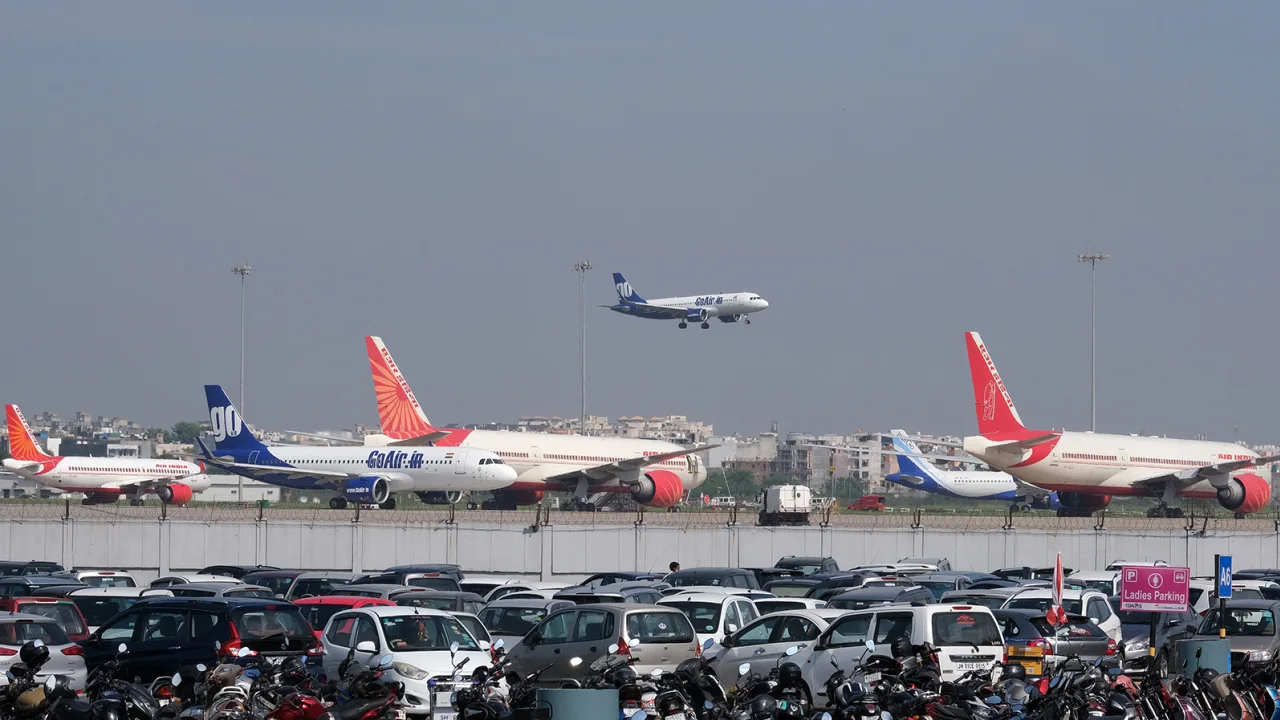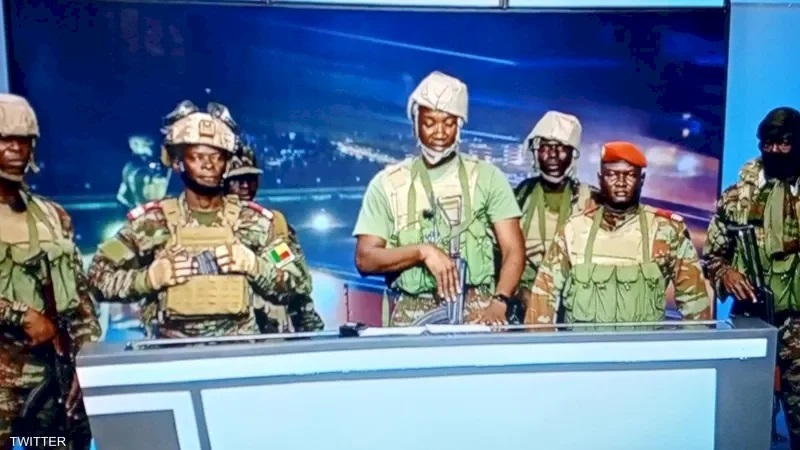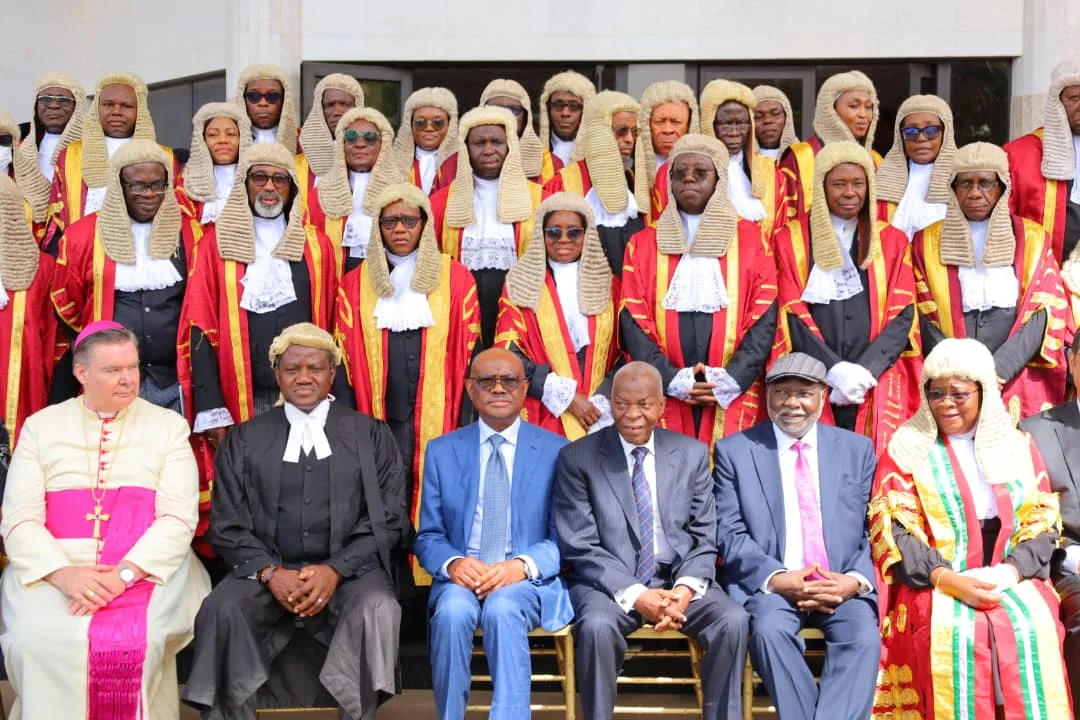India’s aviation authority, DGCA, is proposing strict regulations that not only ban alcohol but also perfume use by airline crew members. Explore the implications and potential challenges of this proposed rule change in the aviation industry.
In a surprising move, India’s aviation industry is considering an unconventional measure to ensure air travel safety. While most airlines strictly prohibit pilots from flying under the influence of alcohol, a recent proposal by the Office of the Director General of Civil Aviation (DGCA) in India is taking the regulations a step further. This proposal suggests banning not just alcoholic beverages but also perfume use by pilots and flight attendants.

T. Narayan/Bloomberg/Getty Images/File
The Implications of DGCA’s Proposal
The DGCA, responsible for overseeing the country’s aviation sector, is no stranger to stringent air safety regulations. However, this latest proposal has raised eyebrows within the industry. The existing guidelines already include references to substances other than alcohol, such as mouthwash, that could potentially yield positive results on breathalyzer tests. Now, a bold addition to the regulations explicitly mentions perfume.
The revised section reads as follows: “No crew member shall consume any drug/formulation or use any substance such as mouthwash/tooth gel/perfume or any such product which has alcoholic content. This may result in a positive breath analyzer test.” This statement is accompanied by a clear directive stating that any crew member using such products must consult the company doctor before undertaking any flying assignment.
Perfume: A Hidden Threat?
While it is well-known that perfumes can contain trace amounts of alcohol, the question remains: can wearing perfume on one’s body lead to a false positive result on a breathalyzer test? This dilemma has sparked a debate within the aviation community. It is essential to determine whether the alcohol content in perfumes is significant enough to affect the integrity of alcohol testing procedures.
Public Comment and Future Prospects
The official air safety regulations of the DGCA were ratified back in August 2015. However, this proposed amendment is now open for public comment until October 5. The input from aviation experts, crew members, and the public will play a crucial role in shaping the final decision regarding this unusual regulation.
Past Incidents Highlight the Issue
Although the idea of pilots being intoxicated while on duty may seem rare, past incidents serve as a stark reminder of the potential dangers. In 2018, a pilot for Japan Airlines, Katsutoshi Jitsukawa, was sentenced to 10 months in prison after a breath test revealed a blood alcohol level nine times the legal limit shortly after takeoff.

T. Narayan/Bloomberg/Getty Images/File
Similarly, in the United States, a Delta pilot named Gabriel Lyle Schroeder faced a similar situation. He was removed from a fully boarded plane before takeoff due to suspicions of alcohol influence. Delta Airlines, known for its stringent alcohol policy, emphasized their zero-tolerance stance on such violations.
The DGCA’s proposal to ban perfume use by pilots and flight attendants is a unique approach to enhance air travel safety. As the aviation community and the public weigh in on this matter during the public comment period, it remains to be seen whether this unconventional regulation will become a standard practice in India’s aviation industry. The potential impact on the industry and the accuracy of breathalyzer tests in detecting trace alcohol from perfumes are critical factors that need careful consideration.





